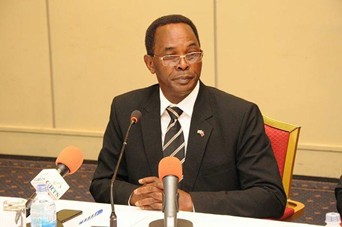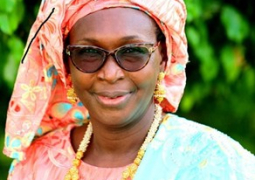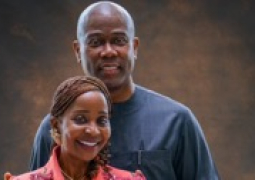
In the African political system, internal democracy is often under the influence of the leadership of the Political Party. There is no room as such for collectivity as the personality and influence of the leader of the Party matters. There is no succession plan and hardly any internal vying for party leadership. This gives rise to the political party becoming Personal to holder. Hence, the common advocacy of ‘My Party’ instead of our ‘Party’. This system becomes the bedrock of self-perpetuating rule with tendency to extend to the power base of the country. Without reference to the democratic requirements of political leadership, the status quo remains intact as long as possible. Under such a system, political sycophancy and political opportunism become the pillars of entrenchment of the leader in the seat of power both in the political party and in the seat of state power. Let us now look at country specific interms of its political outlook. The competition for power has taken precedence over the democratic convictions of politicians. As it stands, there is no changes in political leadership. Democracy as in other parts of Africa, seem to take meaning in practical terms as means of getting to power. In this country, the executives of the political parties are not willing by all indications, for their leaders to exit from power for various reasons known to them. Therefore, the political ground is composed of two major Parties and several other smaller parties and Presidential aspirants. In such a convoluted political atmosphere, who will emerge as the winner for the Presidency come 2026, is subject of widespread speculations and beating of chests by leaders and their supporters. As a keen observer in political developments in the country, it could be said that five political parties are gaining political visibility in the country namely; NPP, UDP, GDC, SOBEYA, PDOIS. The ruling NPP has three advantages on its side; ending dictatorship and ushering in democratic governance, massive infrastructure and social development projects such as in roads, bridges, health centers, Universities, rural electrification, Banjul streets reconstruction, etc in addition to no state sanctioned executions. Bringing such developments to the door steps of the people is politically attractive.
Politics is about relating to the people. Those who speak the language of the people stand to attract their attention. So far, His Excellency President Barrow is the most fluent in local languages and that is an additional political advantage in his favour.
The opposition UDP no doubt is the most endowed Party with professionalism and international development cooperation experiences which could impact significantly on the development of the country if Gambians will comprehend this reality and grab their agenda for political leadership of the country. As a political party, the GDC brought more development projects to the country than any other Party. If the people will reflect on this record in addition to the Party’s long standing in politics, then the attention of voters come 2026 is politically plausible. It is clear that Honourable Mama Kandeh equally has command of local languages. His oratory prowess in politics is amazing and tends to attract people's attention. He has the local connection in his favor. He is a winnable or spoiler politician who must not be underrated in the political field. The GDC was a major contributor to the downfall of former President Jammeh in the 2016 elections.
PDOIS is seen by the people as more of an elitist party than grassroots party. Therefore, their chances of political success are slim. SOBEYA is currently most vocal in political articulation especially on national issues and overtime, could sway lots of voters on their side. At the end of the day, the Party that truly speaks to the hearts and minds of the people stands to gain political dividends in the 2026 elections. The ball is in the court of the electorates.



